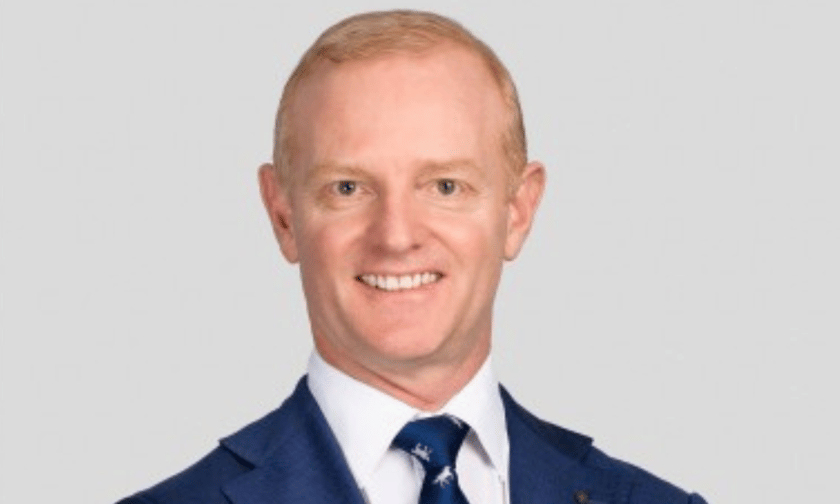

“Although the world’s challenges are immense, so too is its capacity to respond,” said Nicholas Martin (pictured above), head of strategic risk consulting for Marsh Pacific.
Martin was responding to questions from Insurance Business about the World Economic Forum’s (WEF’s) Global Risks Report 2024. The global brokerage Marsh, together with Zurich Insurance Group, partnered with the WEF to release the annual survey.
According to the report the coming decade’s environmental and planetary changes could “radically impact” economic growth and insurability. Thirty per cent (30%) of global experts expect an elevated chance of global catastrophes in the next two years and nearly two thirds expect this in the next 10 years.
IB asked Martin if this depressing verdict and the high number of experts predicting “global catastrophes” in the coming years was a surprise?
“It’s true that as we enter 2024 some of the report’s figures give a pessimistic outlook and the findings show a worsening of that outlook for the next two years and over the next 10 years,” he said.
Martin said this also underlines why his firm is committed to delivering this annual global risks report.
“There are so many tension areas within the current risk landscape and the report’s insights could be likened to a big bowl of spaghetti - everything is interconnected,” he said. “If you pull one strand, everything starts moving around.”
Martin said that humans “are wired to look at what is exactly right in front of us.” He said the perspective this report brings allows brokers to help clients balance short term views of risk with a longer-term view of risk.
Martin said the report also provides an important collaborative perspective on the world’s challenges.
“The mix of AI generated misinformation and disinformation, climate change adaptation, extreme weather events, not one stakeholder group can solve for this alone,” he said. “A collaborative approach on a global scale will help balance uncertainty, improve risk investment decision-making and responses and build that long term resilience for the common good.”
The report included findings from the Global Risks Perception Survey (GRPS) that captures insights from nearly 1,500 global experts. The experts ranked misinformation and disinformation as the most serious threat facing the globe for the next two years. Extreme weather events came next followed by societal polarization. Cyber insecurity was fourth on the list.
IB asked Martin to discuss misinformation and disinformation.
“Misinformation and disinformation has risen rapidly in the rankings and the risk is likely to become more acute as elections in several economies take place this year,” he said.
Martin mentioned the three billion people heading to electoral polls in countries including the United States, India and the United Kingdom.
“The presence of misinformation and disinformation in these electoral processes could destabilise the real and perceived legitimacy of newly elected governments, risking political unrest, violence and terrorism, and a longer-term erosion of democratic processes,” he said.
IB asked Martin how this risk could play out in Australia?
“One example is the impact of instability in the global markets and economy as a result of misinformation being weaponised in some of the upcoming major elections this year around the world,” he said. “As a global player Australia would feel the effects of this instability.”
Martin gave the scenario of bad actors looking to leverage AI to produce content to sway public opinion and interfere with election results. He said if the population questioned the results, “this brings with it polarisation and unrest which can affect the world markets.”
Food exports was another topic area in the report.
Marsh Pacific’s Marc Clements saw this area as “multi-faceted in some respects.” Clements is national practice leader for transport, food & beverage.
Australia is one of the world’s big food exporters. He suggested that, even in the coming years of climate uncertainty, the “insurable risks” facing food exporters can be effectively dealt with.
Clement said brokers are already helping the food sector better manage their risks.
Have you taken a look at the WEF’s Global Risks Report 2024? What stood out for you? Please tell us below.
